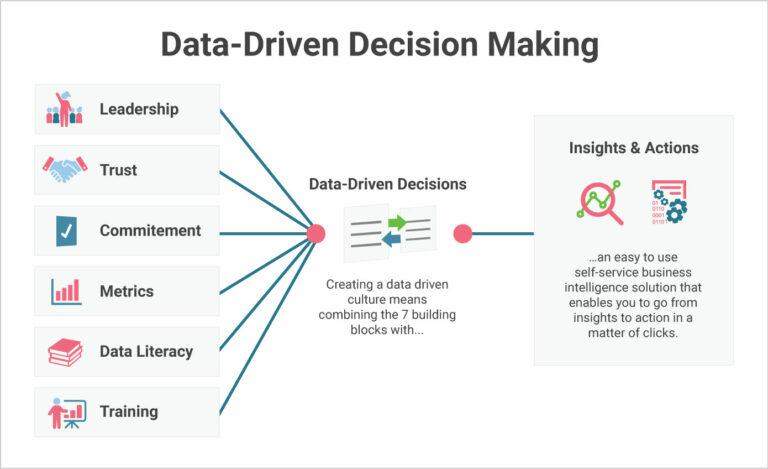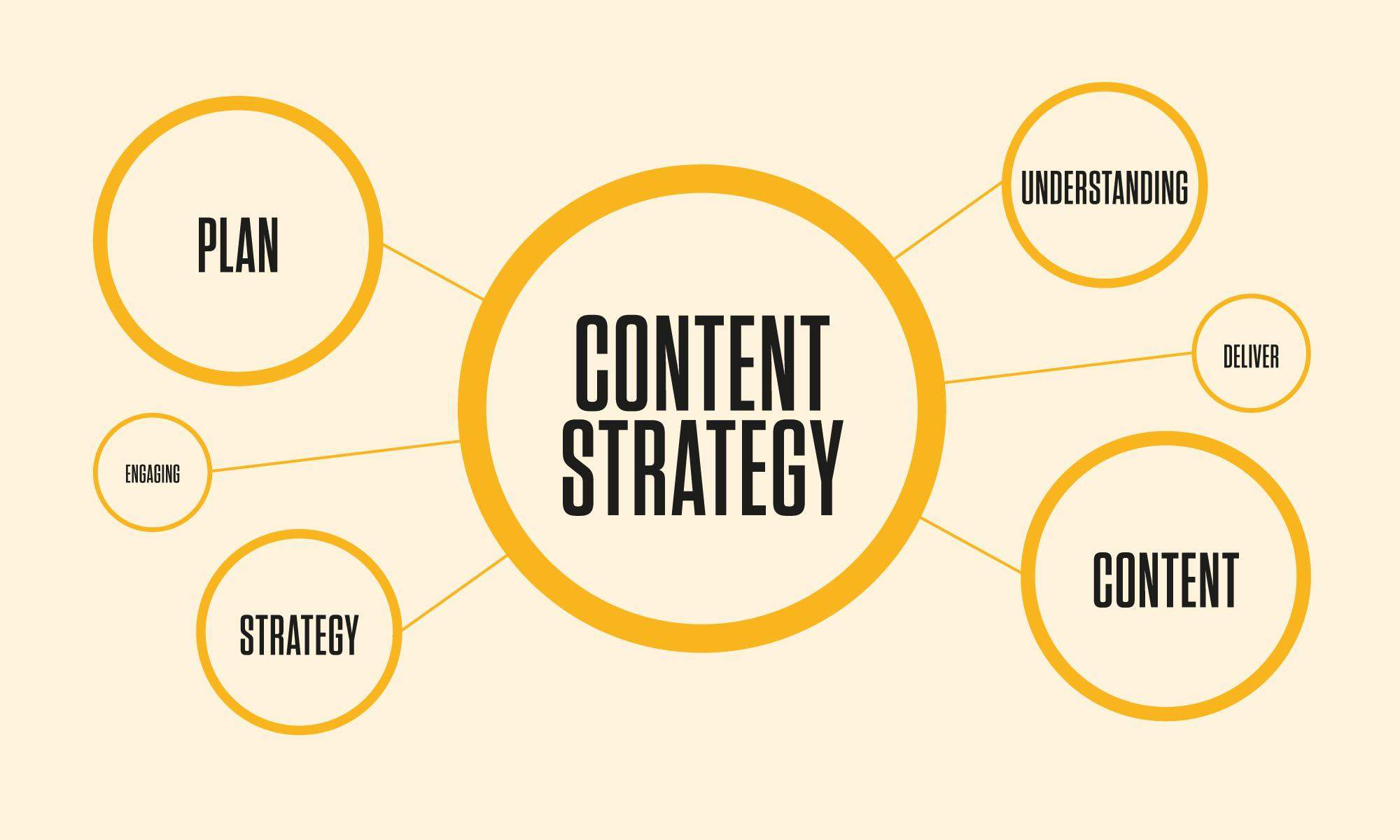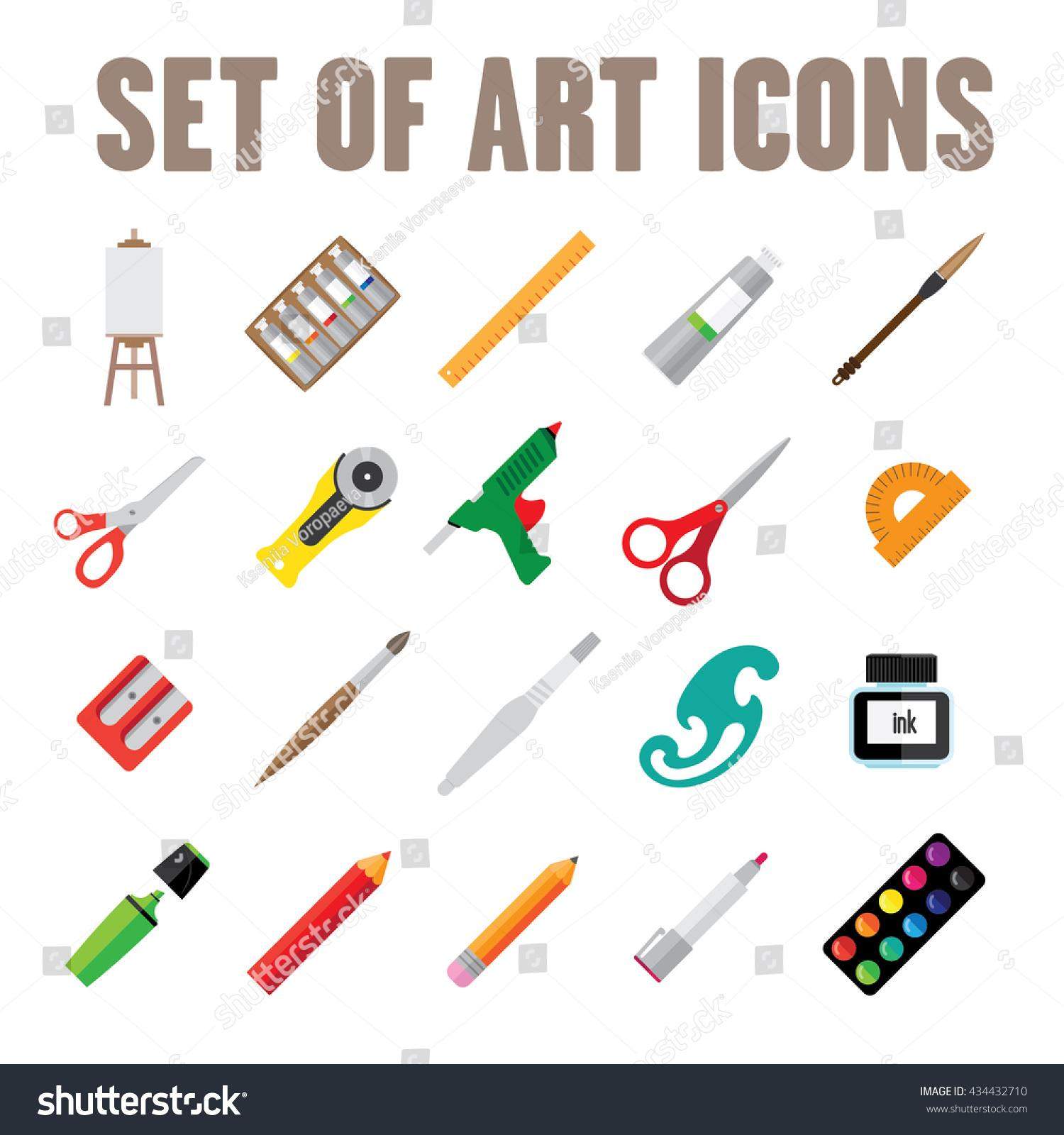In the fast-paced digital landscape where content is king, crafting a winning content strategy has never been more crucial. Whether you’re a seasoned marketer or just dipping your toes into the world of content creation, understanding the fundamental elements that drive effective strategies can significantly impact your brand’s growth and engagement. In this listicle, we’ll explore four essential elements that can elevate your content strategy and ensure your message resonates with your audience. From enhancing audience insights to optimizing your distribution channels, get ready to unlock the secrets to creating compelling content that not only attracts attention but also fosters loyalty. Dive in and discover how incorporating these key components can transform your approach and set you on the path to content success.
1) Define Your Audience: Understanding who your audience is forms the backbone of a successful content strategy. Delve into their interests, challenges, and preferences to create tailored content that resonates and drives engagement
Understanding your audience is crucial for crafting content that truly resonates. Start by uncovering their characteristics through various methods, such as surveys or social media analytics. Dive deep into their demographics, which may include:
- Age – Understanding the generational context helps frame your messages.
- Location – Geographic factors may influence interests and needs.
- Occupation – Knowing what they do can inform the challenges they face.
Once you grasp who they are, shift focus to their interests and pain points. Create detailed personas that embody their motivations, which will help in defining the types of content they crave. Consider their preferences, such as:
- Content Format – Do they prefer videos, blogs, or infographics?
- Tone and Style – Should the content be formal, informal, humorous, or educational?
- Common Challenges – Identify what problems your content can solve for them.
| Audience Profile | Interests | Challenges |
|---|---|---|
| Young Professionals | Career growth, Networking | Work-life balance |
| Parents | Child development, Parenting tips | Time management |
| Students | Study techniques, Career planning | Financial constraints |

2) Diverse Content Formats: Diversification is key in modern content creation. From blogs and videos to infographics and podcasts, leveraging various formats not only keeps your audience engaged but also reaches them in the ways they prefer to consume information
In today’s digital landscape, audiences are increasingly diverse in their preferences for consuming content. Embracing multiple formats allows you to capture and retain their attention effectively. Consider diversifying your strategy to include:
- Blogs: In-depth articles that explore topics comprehensively.
- Videos: Engaging visuals that can simplify complex ideas.
- Infographics: Visually-rich graphics that present data and statistics in an easily digestible manner.
- Podcasts: Convenient audio formats that allow multitasking while consuming information.
Adopting various content formats not only enhances user engagement, but it also expands your reach across different audience segments. For a more strategic approach, consider the following table that highlights the strengths of each format:
| Content Format | Key Strengths | Best Use Cases |
|---|---|---|
| Blogs | SEO-friendly, detailed | Thought leadership, how-tos |
| Videos | Visual storytelling, shareable | Demonstrations, tutorials |
| Infographics | Quick understanding, visually appealing | Data presentations, summaries |
| Podcasts | Accessible, personal touch | Interviews, discussions |
By recognizing that your audience consumes information in different ways, you can create a more inclusive content strategy. Tailoring content to suit varied preferences encourages loyal interaction and fosters a deeper connection with your brand. As you diversify, always keep an eye on analytics to understand which formats resonate best with your audience and optimize accordingly.

3) Consistent Brand Voice: Maintaining a consistent brand voice across all content helps build trust and recognition. Whether your tone is professional, casual, or quirky, ensure it reflects your brands personality and values, which can enhance connection with your audience
Having a unified voice in your brand’s communication fosters trust with your audience, allowing them to engage with you on a deeper level. A well-defined brand voice is not just a set of guidelines but a reflection of your organization’s personality and values. Whether you opt for a professional, casual, or quirky tone, it’s essential that all content—be it blog posts, social media updates, or email newsletters—resonates with your overarching narrative. This consistency makes your brand more recognizable, ultimately contributing to customer loyalty.
To achieve this, consider developing a comprehensive style guide that details your brand’s voice and tone. Include points like:
- Language Style: Determine if your language is formal or informal.
- Vocabulary Choices: Choose specific words that align with your brand’s image.
- Sentence Structure: Decide on the complexity of your sentences.
- Emotional Tone: Identify the feelings you want to evoke in your audience.
Implementing these guidelines across all channels not only ensures coherence but also reinforces the connection with your audience, encouraging them to engage with your content time and again.

4) Data-Driven Decisions: Utilize analytics tools to track engagement and performance metrics. This data can help refine your content strategy, allowing you to identify what works, what doesnt, and how to continuously improve based on audience feedback and behavior
In the ever-evolving landscape of content creation, leveraging analytics tools is key to understanding the pulse of your audience. By tracking engagement and performance metrics, you can gain crucial insights into how your content is resonating. Pay attention to critical indicators such as bounce rates, time on page, and social shares. Tools like Google Analytics, SEMrush, or Buffer can provide a wealth of data that highlights what captivates your audience and what falls flat. This nuanced understanding allows you to make informed adjustments to your content strategy, ensuring you’re always aligned with your audience’s preferences.
Moreover, using data effectively empowers you to create a cycle of continuous improvement. By analyzing trends and patterns, you can pinpoint areas of strength and opportunity. Consider establishing a periodic review schedule where you examine your metrics and derive actionable insights. For instance, you can categorize your content performance in a simple table to visualize what types of content attract the most engagement:
| Content Type | Engagement Rate (%) | Comments |
|---|---|---|
| Blog Posts | 65 | High interaction; numerous shares |
| Infographics | 80 | Visual appeal drives engagement |
| Videos | 75 | Excellent retention; prompts dialogue |
| Podcasts | 50 | Growing interest; potential for expansion |
Analyzing metrics like these not only informs your future content decisions but also fosters a deeper connection with your audience. By refining your strategy based on real data, you can eliminate guesswork and create content that resonates, engages, and converts.
Insights and Conclusions
As we wrap up our exploration of the essential elements that can elevate your content strategy, it’s clear that integrating these four key components can transform your approach and yield lasting results. By prioritizing audience understanding, embracing storytelling, leveraging analytics, and fostering collaboration, you’ll not only create engaging content but also build a meaningful connection with your audience.
Remember, the landscape of content is constantly evolving, and staying adaptable is crucial. Keep experimenting, keep learning, and don’t hesitate to refine your strategy as you go. With these foundational elements at your helm, you’re well on your way to crafting powerful narratives that resonate, inspire, and drive action.
Thank you for joining us on this journey! Now, it’s time to put these insights into practice and watch your content strategy flourish. Happy creating!




